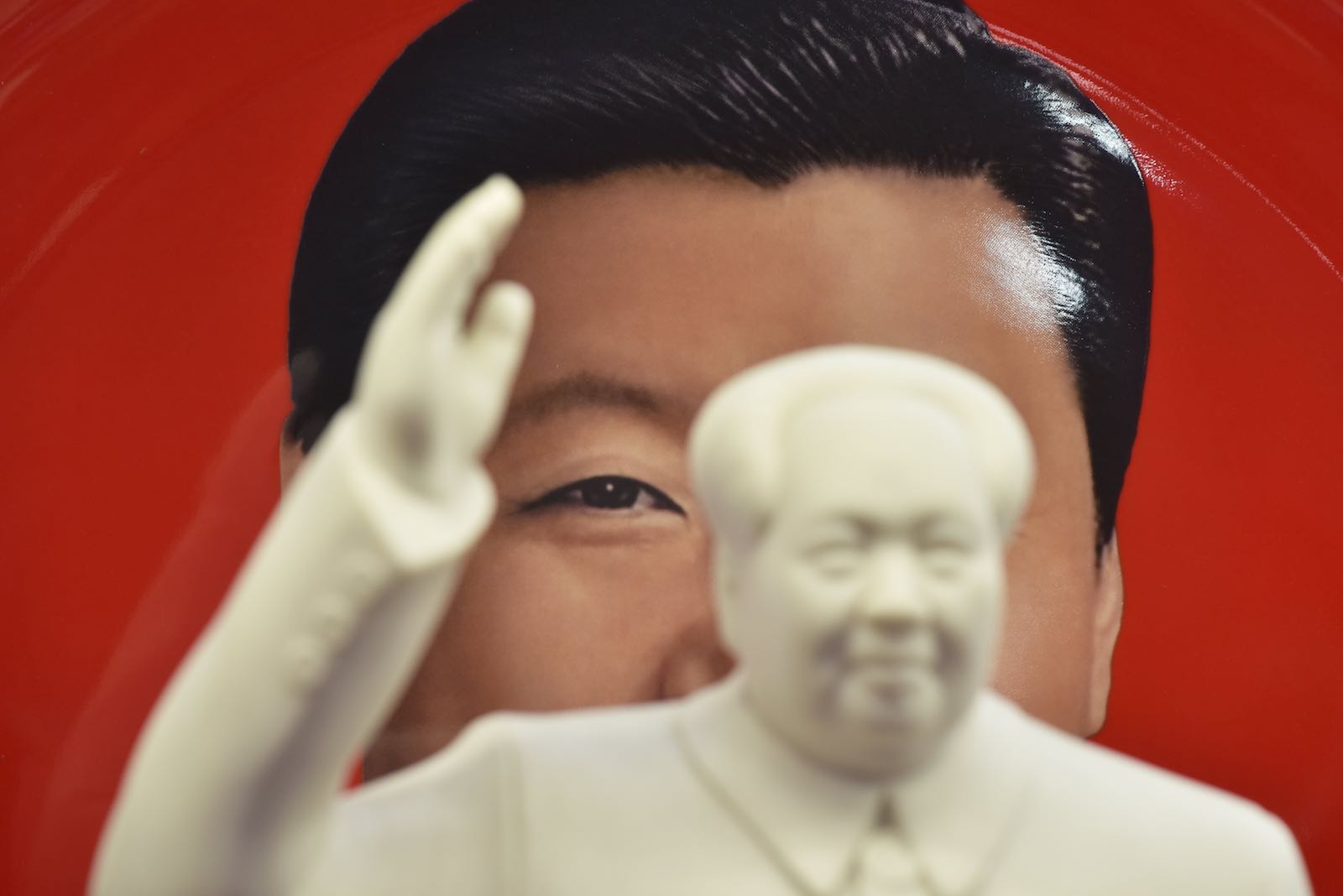JOHN CULVER
The Trump administration publicly identified China as a great power competitor in its November 2017 National Security Strategy. This followed the Obama administration’s eventual rejection of Xi Jinping’s 2013 proposal for a grand bargain – “a new type of great power relations” – to manage bilateral tensions and avoid war. At first the US engaged under this “new type” construct. But Obama’s White House apparently came to view Beijing's overture as a trap designed to elicit American endorsement of what Washington saw as the Chinese Communist Party’s revisionist agenda – after 2014, US officials stopped using the phrase.
From Beijing’s perspective, China and the United States have been moving toward a strategic “systems rivalry” for the past decade. The CCP apparently reached this strategic conclusion after the 2008–2009 Global Financial Crisis and framed some of the more dire implications for its rule in the 2012 CCP “Document No. 9”.
Beijing assumes that this rivalry will last decades. It could involve periods of “cold war” and military conflict – especially in East Asia, where US alliance responsibilities and Chinese sovereignty claims and “red lines” converge. From the CCP’s Marxist-Leninist perspective, the side that best marshals superior domestic stability, economic performance and relevance to international conditions will prevail.
If Beijing comes to see US antagonism to CCP rule as structural and bipartisan – especially in the aftermath of the 2020 US elections – China’s self-imposed restraint to prioritise stable US relations and drive economic reform and growth would be greatly weakened.
Beijing saw China’s “composite” national power as rising relative to that of the United States. But this was only partially due to China’s correct choices. Beijing saw American strategic malpractice as remarkable, given the advantages the United States enjoyed at the turn of the century. For the CCP, the US would be committing further great power malpractice if it failed to defend its hegemonic position, but Beijing expected this competition to be gradual and constrained.
Beijing assumed that as Washington saw China closing the gap in “comprehensive national power” it would react, seeking to blunt China’s ability to challenge America’s status as global hegemon and dominant power in the Indo-Pacific.
Before the Covid-19 pandemic, China had been both restrained and constrained in its response to what it saw as US economic, trade, financial wars and information aggression. Beijing still recognised a need for a predictable, and if possible, stable, relationship with Washington. To borrow a phrase, China adopted a hedging strategy over the past three years of “fighting without breaking/splitting”. (斗而不破 ).
Beijing saw the trade war as largely motivated by US domestic politics. The “phase 1” deal reached earlier this year tended to confirm that view. The trade imbalance also meant that it couldn’t and needn’t respond proportionally to US tariffs so long as its retaliation principally inflicted damage on the President’s domestic political base to induce compromise.
But the past may not be prologue. As Wang Jisi, “dean” of the Chinese America-watching community noted in April, “the virus fallout has pushed Sino-US relations to their worst level since formal ties were established in the 1970s”. He went on to describe bilateral economic and technological decoupling as “already irreversible”.
The deepening enmity of US-China strategic rivalry is eroding core CCP assumptions that competition would remain bounded – by nuclear deterrence, deep economic integration, shared stewardship of financial stability and cooperation on global challenges such as pandemics – and may be amplifying Beijing’s assessment that the US is on a trajectory to pursue overthrow of the CCP as a strategic goal.
If Beijing comes to see US antagonism to CCP rule as structural and bipartisan – especially in the aftermath of the 2020 US elections – China’s self-imposed restraint to prioritise stable US relations and drive economic reform and growth would be greatly weakened. For the CCP, the relatively peaceful, stable global and regional environment that prevailed in the late bipolar Cold War and post-Cold War would end. Economic growth and rising prosperity would diminish as sources of regime legitimacy. Defence of the CCP system, fuelled by nationalism, and more active cooperation with Russia and other US adversaries, could become more prominent.
All statements of fact, opinion, or analysis expressed are those of the author and do not reflect the official position or views of the US government. Nothing in the contents should be construed as asserting or implying US government authentication of information or endorsement of the author’s views.

No comments:
Post a Comment